Operationalizing equity in water resource systems analysis
Our work is bridging social science research on environmental justice with water resources engineering to develop new equity metrics water planners can use to evaluate water management strategies.
One million people in California lack access to affordable, reliable, clean water. Empirical research has demonstrated that low income and minoritized populations are disproportionately burden by lack of water access. However, the decision-support tools commonly used in water resources planning don’t allow planners to evaluate the potential impact of new infrastructure or management strategies on equity.
Using an urban California case study on drought planning, our team is developing ways of assessing the equity implications of drought resilience by developing equity metrics related to water affordability and drought conservation impacts on low-volume water users. This will allow us to identify a portfolio of infrastructure investments and management decisions which allow for drought resilience to be equitably realized across all social, economic, and demographic groups. This work is supported by seed funding and program support from Stanford Impact Labs.
Seeking Partnerships
We aim to develop equity metrics driven by community-identified needs, and to help water planners implement them in practice. Are you a water provider, water agency, or community group interested in working together to make our water systems more equitable? Get in touch to discuss partnership opportunities.








